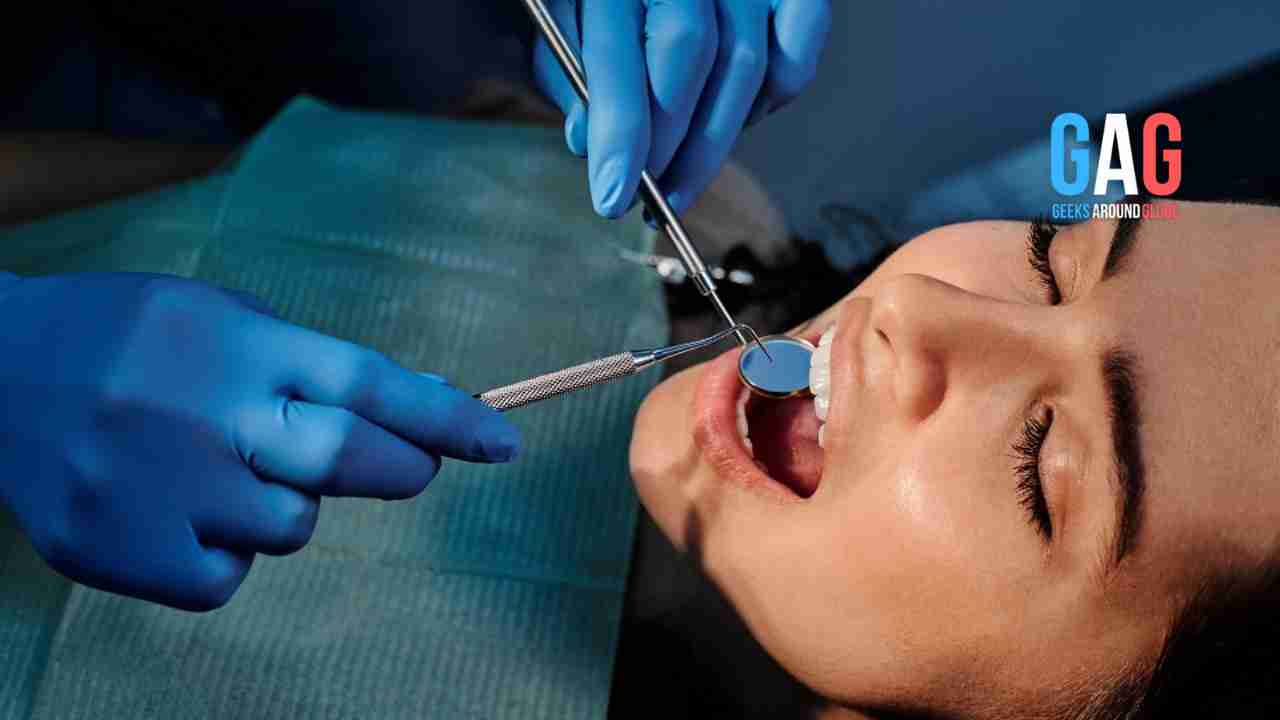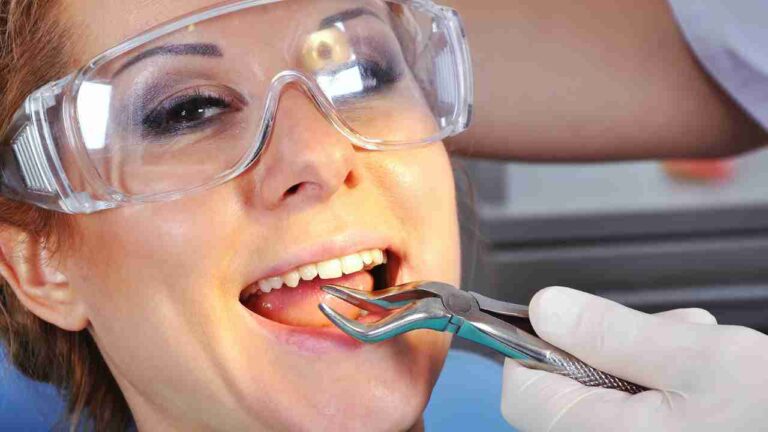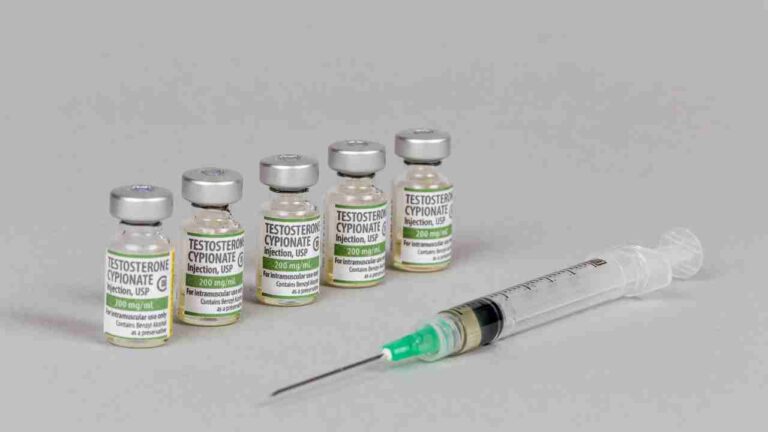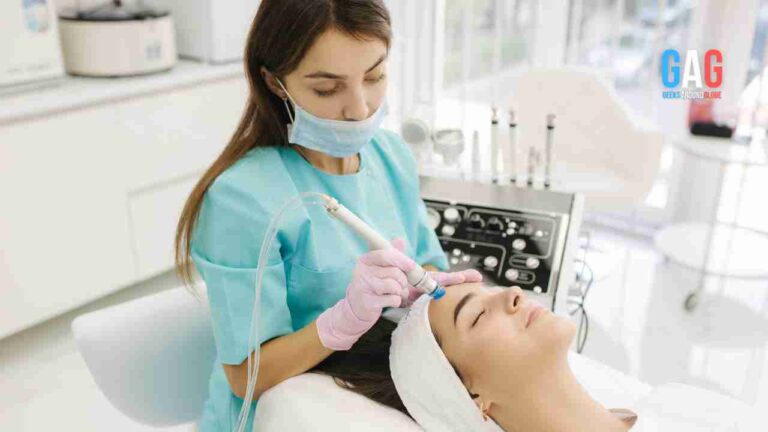Proper care for your teeth is just as vital as your overall physical well-being. Therefore, it is best to establish and follow a routine that ensures your teeth are well cared for. However, on the other hand, a professional’s expertise can also be valuable in such endeavours. That is why most dental care recommendations include regular visits to your dentist. In so doing, your dentist becomes your partner in effecting the best oral care possible.
People typically think of dentistry as a homogenous branch of medicine with one-dimensional applications and cut-and-dry techniques. This assumption, however, is inaccurate and discounts the depth of the field. So, to give you more insight into dentistry, we’ll begin by outlining general dentistry and answering the question: What procedures does general dentistry cover?
What Is General Dentistry?
General dentistry is a branch of dental medicine that deals with diagnosing, treating, and preventing common oral health conditions. In addition, general dentistry focuses on maintaining oral health and wellnessby providing a range of preventive, diagnostic, and therapeutic services.
General dentists commonly perform procedures like cleanings, fillings, extractions, X-rays, and root canals. They also diagnose and treat such conditions as cavities, gum disease, and bite problems. General dentistry aims to help patients maintain good oral health throughout their lives and prevent more serious problems from developing in the future.
General dentistry covers a wide array of practices. Some of the most common procedures general dentists perform include:
Dental Cleanings
Also known as prophylaxis, dental cleanings involve removing tartar and plaque from the gums and teeth to prevent gum disease and tooth decay.
Fillings
Dentists use fillings to repair teeth that have had damage caused by decay. The dentist removes the decayed area and fills it with a material, such as an amalgam or composite resin, to restore the tooth to its original shape and function.
Extractions
When a tooth is damaged beyond repair or is causing pain, the dentist may need to extract it. This procedure involves removing the tooth from its socket and can be performed using local anaesthesia.
X-rays
X-rays are an essential diagnostic tool in general dentistry. They allow the dentist to see inside the teeth and surrounding tissues to identify problems such as cavities, infections, and impacted teeth.
Root Canals
Dentists use root canals to treat a severely infected or damaged tooth. The dentist removes the infected or damaged tissue from the inside of the tooth and seals it to prevent further damage.
What to do after wisdom tooth removal? Following wisdom tooth extraction, it’s critical to adhere to prescribed painkillers and dietary advice, rest, and avoid strenuous activity in order to minimize discomfort and encourage good recovery.
Crowns, Inlays and Onlays
A crown is a cap that encompasses the entire visible surface of a damaged tooth. Crowns are essential to protect the remaining tooth structure and restore its appearance and function.
Inlays and Onlays are less aggressive alternatives to crowns. Inlays resemble fillings but are stronger and look more natural. Conversely, Onlays facilitate more in-depth tooth reconstruction while avoiding using a crown.
Bridges
Bridges replace one or more missing teeth. They are anchored to the surrounding teeth and provide a permanent solution to missing teeth.
Dentures
Dentures are removable appliances dentists use to replace missing teeth. They can be complete or partial, depending on the number of teeth your dentist is replacing.
Orthodontics
Orthodontics deals with correcting bite problems and aligning the teeth. This rectification may involve the use of braces, retainers, or other appliances to straighten the teeth.
Nightguards and Mouthguards
Dentists use nightguards to help curb teeth grinding and clenching tendencies when you are asleep. Doing so helps prevent or alleviate symptoms of teeth grinding, including headaches, gum recession, neck and jaw pain and teeth surface erosion.
Mouthguards are also dental protective devices. They are essential if you play contact sports that may lead to tooth loss or fractures.
Dentists typically provide custom-fit night and mouthguards to ensure utmost efficacy throughout.
These are some of the standard procedures performed by general dentists. The specific treatment plan for each patient depends on individual needs and oral health status.
Top of Form







